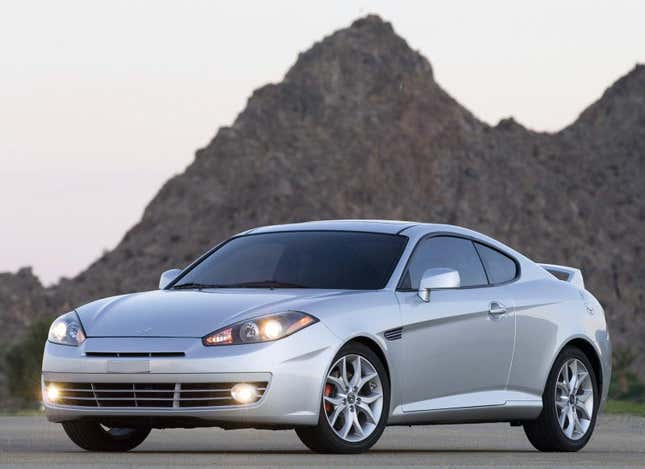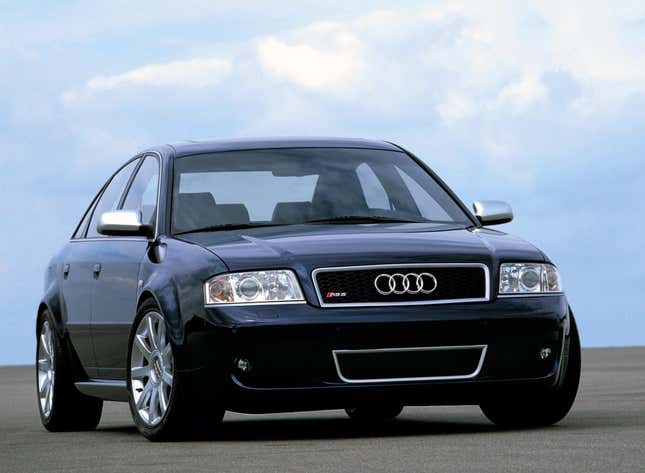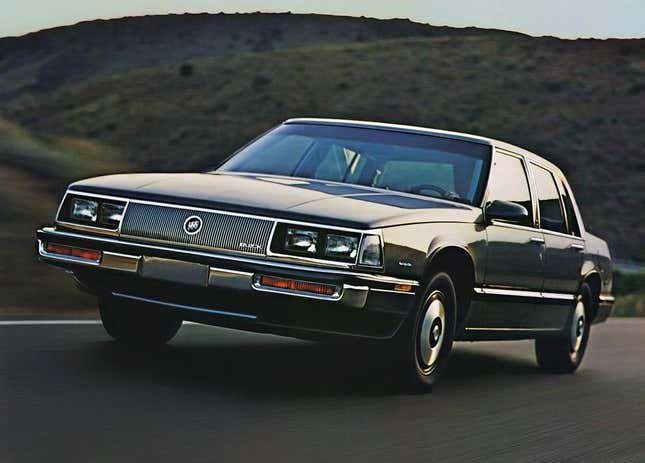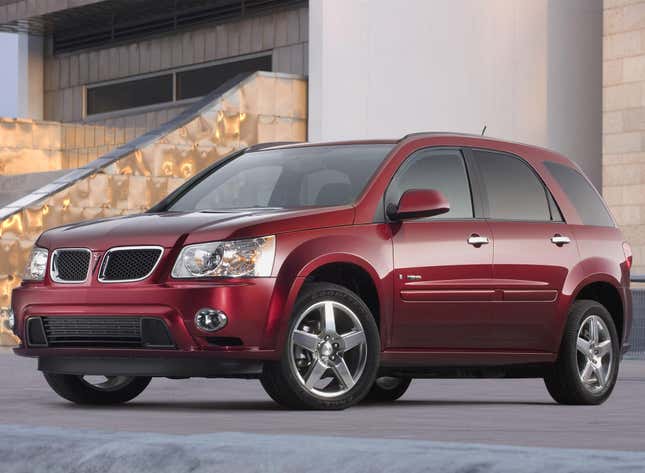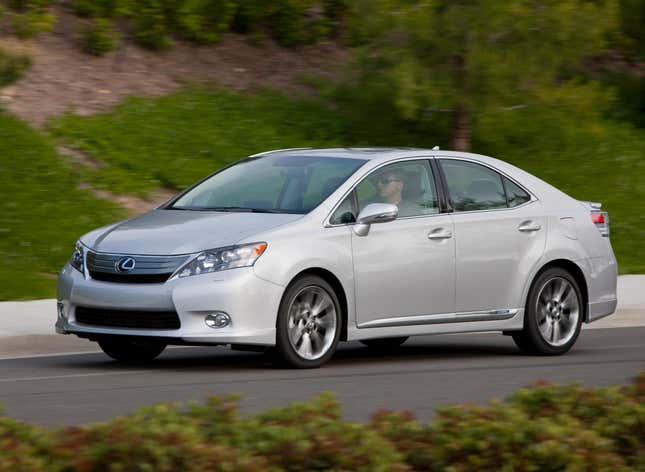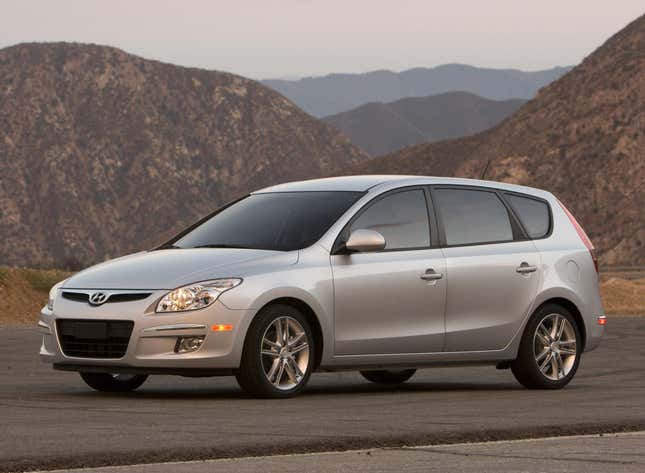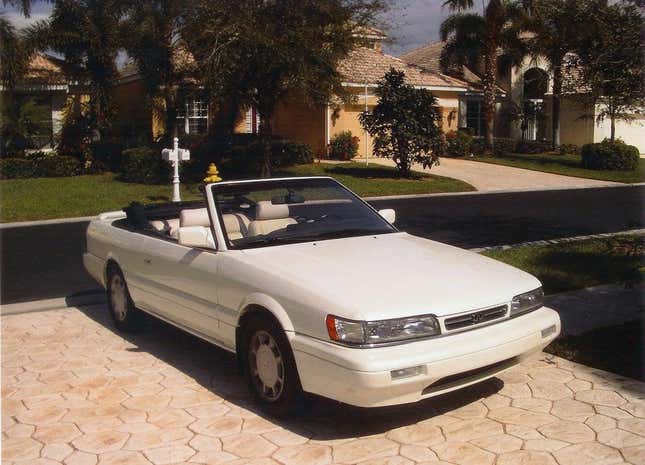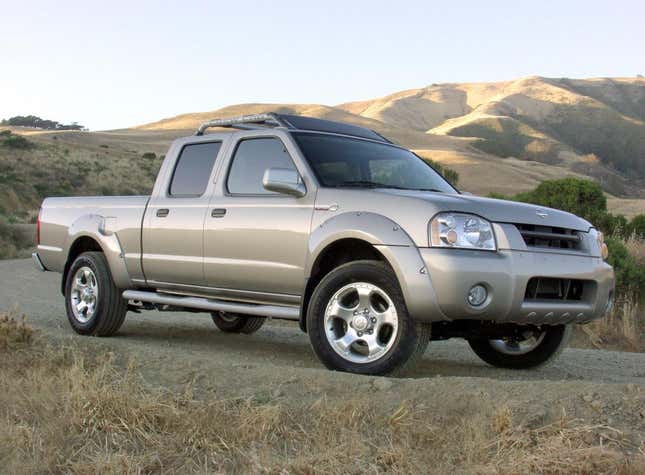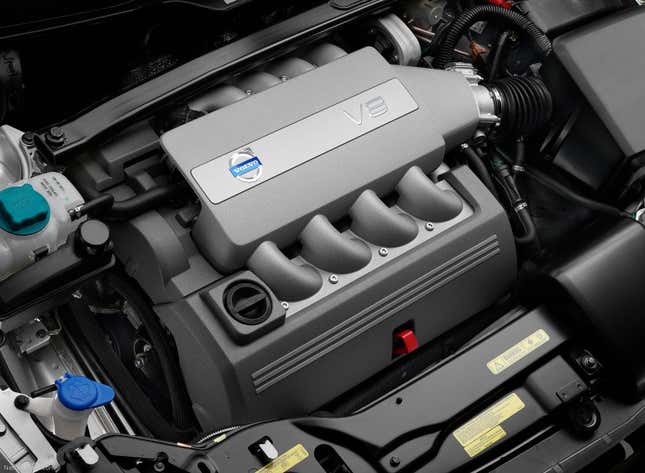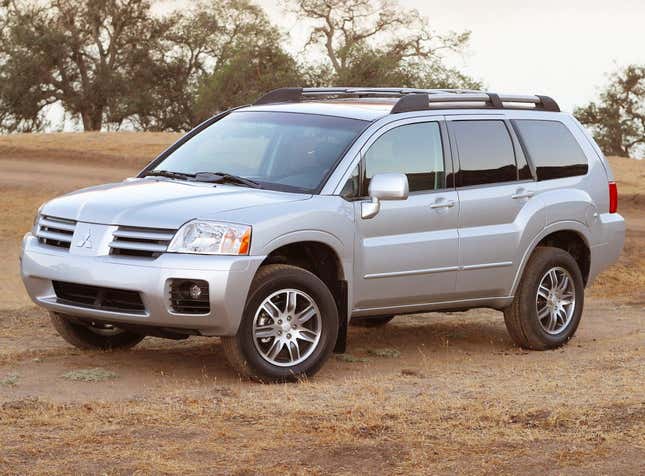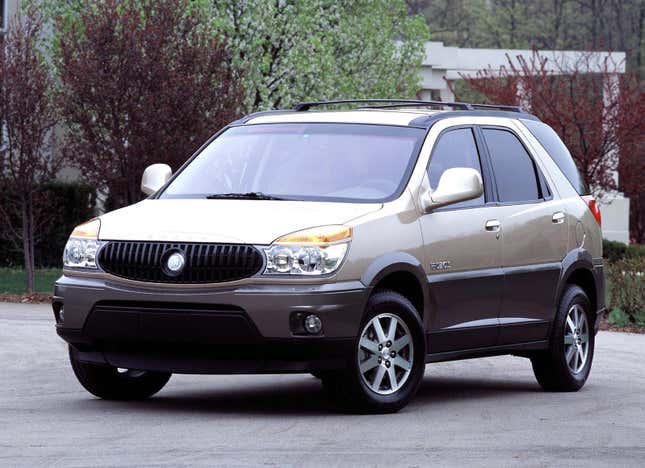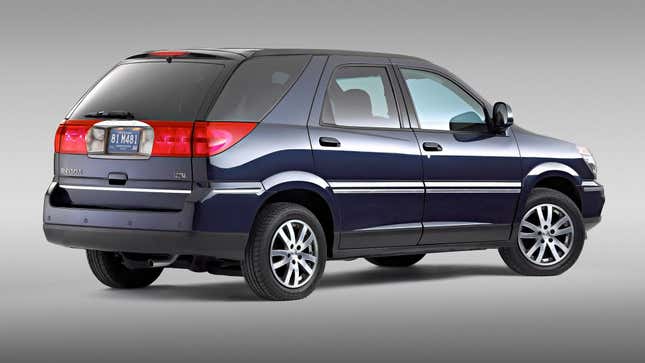
Every so often we like to look back at few models you may have forgotten about. No matter if they’re good or bad, now that these cars are gone, it’s cool to reflect on them sometimes. Mostly though, it’s fun to shit on just how bad some of these cars really were. We’ve done this before and we’re doing it again. So here are a few more cars you probably forgot existed.
